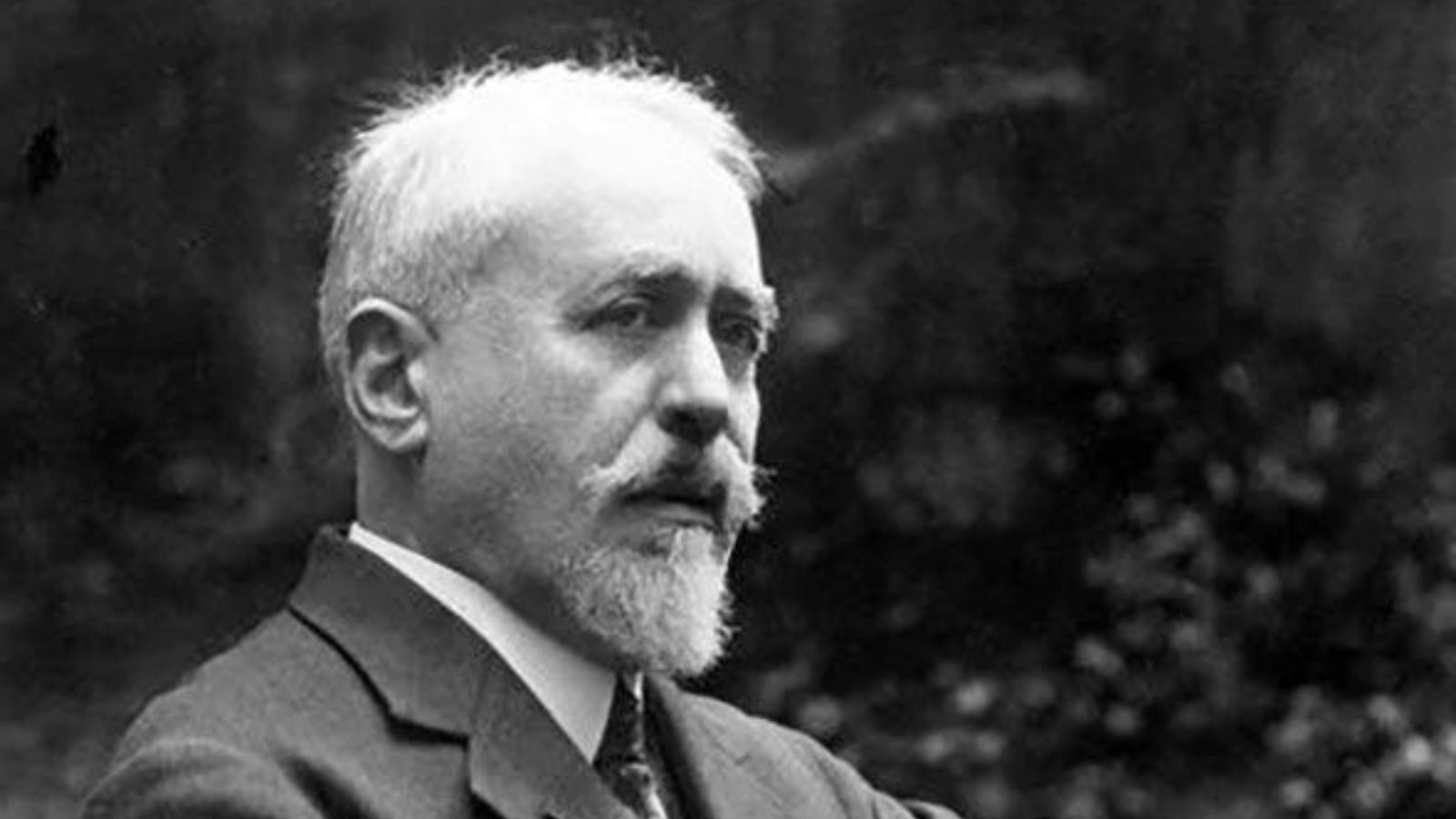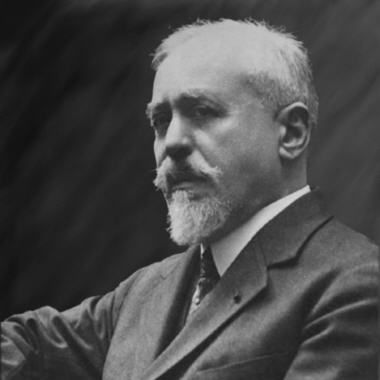Paul Dukas, a luminary in the realm of classical music, was born on October 1, 1865, in Paris, France. His life, though less prolific in output compared to some of his contemporaries, left an indelible mark on the world of music through his compositions and his influence on subsequent generations.
From an early age, Dukas displayed an aptitude for music, studying piano with some of the finest instructors in Paris. His exceptional talent soon led him to the Paris Conservatoire, where he studied composition with notable figures such as Théodore Dubois and Emmanuel Chabrier. It was during this time that his compositional prowess began to emerge, showing glimpses of the genius that would later define his career.
Dukas was a meticulous composer, known for his perfectionism and attention to detail. His most famous work, the orchestral piece “L’Apprenti sorcier” (The Sorcerer’s Apprentice), inspired by a poem by Goethe, remains a staple of the orchestral repertoire. Premiered in 1897, this piece captured the imagination of audiences worldwide with its vivid storytelling and masterful orchestration. Its enduring popularity has cemented Dukas’ legacy as one of the great composers of the late Romantic era.
Despite his relatively small output, Dukas’ compositions exhibit a remarkable depth of emotion and complexity. His opera “Ariane et Barbe-bleue” (Ariadne and Bluebeard), based on the myth of Bluebeard, showcases his ability to weave intricate narratives through music. Premiered in 1907, the opera received mixed reviews initially but has since gained recognition for its innovative harmonies and psychological depth.
Throughout his life, Dukas remained dedicated to his craft, constantly refining and reworking his compositions to achieve the highest level of artistic expression. He was also an esteemed teacher, counting Maurice Ravel among his pupils, further solidifying his influence on the next generation of composers.
In addition to his compositions and teaching, Dukas was an accomplished music critic and essayist, contributing insightful analyses to various publications. His writings offer valuable insights into his own compositions as well as those of his contemporaries, enriching our understanding of the music of his time.
Paul Dukas passed away on May 17, 1935, leaving behind a modest but significant body of work that continues to captivate audiences and inspire musicians to this day. His unwavering dedication to his art, coupled with his innovative approach to composition, ensures his place among the pantheon of great composers in musical history.


Comments are closed